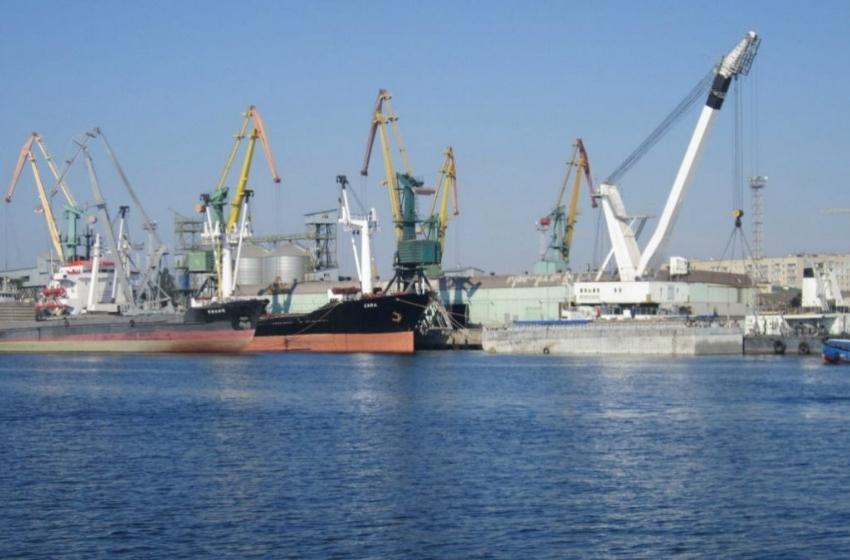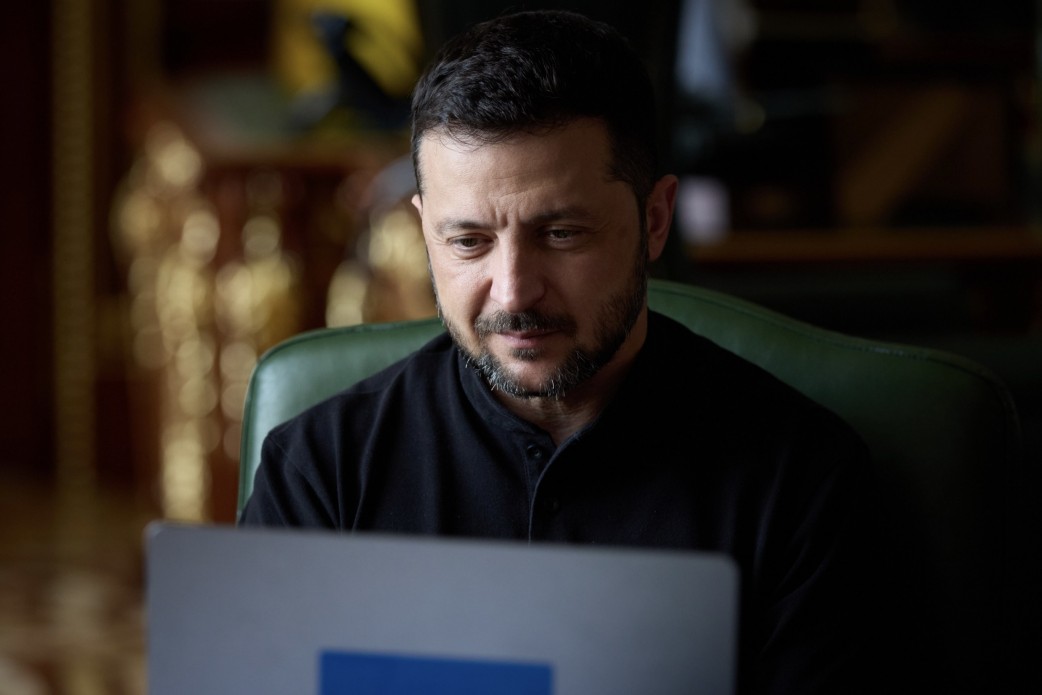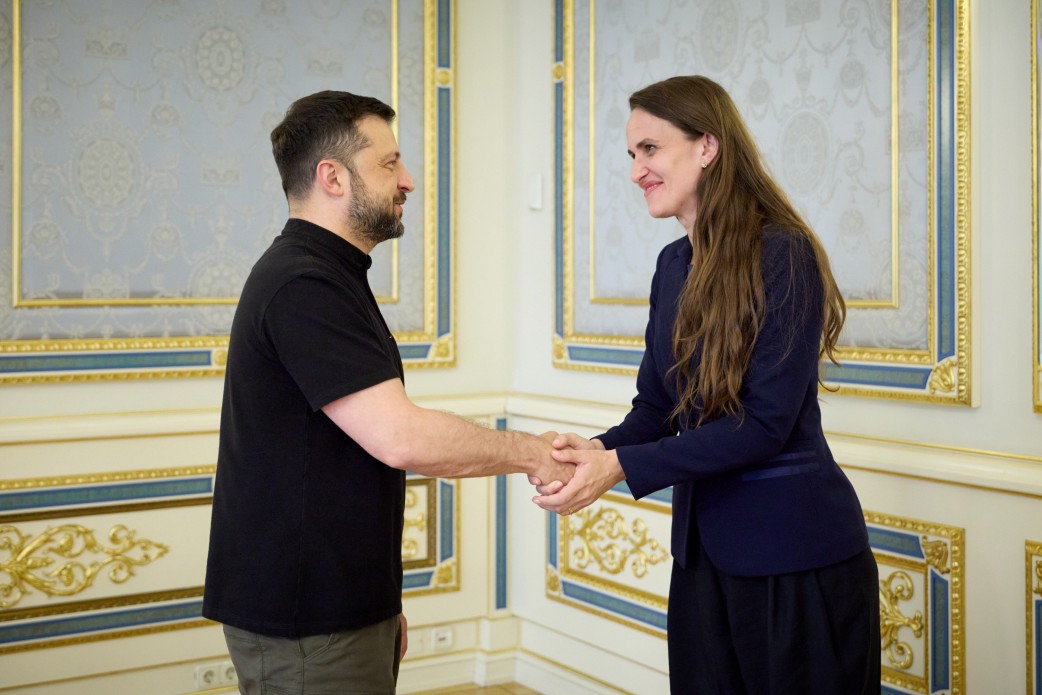Ongoing antisemitic demonstrations in the Republic of Dagestan and elsewhere in the North Caucasus are highlighting heightened interethnic and interreligious tensions in Russia. Hundreds of demonstrators in Dagestan broke into Makhachkala airport, blocked the runway, and attempted to board a plane arriving from Israel on the evening of October 29 following the circulation of rumors that Russian authorities were planning to resettle “Israeli refugees” in Dagestan and elsewhere in the North Caucasus.
Hundreds of demonstrators gathered at a hotel in Khasavyurt, Dagestan on the evening of October 28 to look for suspected “Israeli refugees” based on similar rumors.Unknown actors reportedly set fire to a Jewish cultural center under construction in Nalchik, Kabardino-Balkarian Republic on the night of October 28 to 29.
The rumors appear to have originated with a local Dagestani Telegram channel, which claimed that “Israeli refugees” were staying at the hotel in Khasavyurt, Dagestan on October 28 and proceeded to announce plans for demonstrations that took place several hours later in the center of Makhachkala.
The Telegram channel called on Makhachkala residents to demonstrate at the airport on the night of October 28 and on October 29 and posted flight tracker data for the plane from Israel ahead of its arrival on the night of October 29.
Demonstrations are currently ongoing at the Makhachkala airport, where demonstrators temporarily blocked all individuals at the airport from leaving. Demonstrators also checked identification documents in search of Israeli citizens, although there are no reports of demonstrators finding any Israeli citizens.
Demonstrators have chanted “death to Jews” and have also occasionally gotten physical with security personnel at the airport. Russian National Guard (Rosgvardia) elements have removed demonstrators from the premises of the airport, but crowds are still present outside of the airport.
The Telegram channel that spread the rumors is currently down, which may be the first indicator that Russian authorities are actively trying to suppress the continuation of the antisemitic demonstrations.
The Kremlin has yet to respond and appears to have left regional authorities to make an official response to the demonstrations. Dagestani Republic Head Sergei Melikov, Karachay Cherkess Republic Head Rashid Temrezov, and Kabardino-Balkarian Republic Head Kazbek Kokov called on residents of the North Caucasus earlier on October 29 to refrain from aggressive actions and to suppress attempts to incite interethnic hatred.
The Coordination Center for Muslims of the North Caucasus specifically denounced antisemitic actions following the initial demonstrations on the evening of October 28. Dagestani Minister of National Policy Enrik Muslimov and Minister of Youth Kamil Saidov later arrived at the airport on October 29 to speak with demonstrators but appeared unable to dissuade them from breaking into the premises.
Melikov later called the demonstration a violation of the law and the Main Directorate of the Ministry of Internal Affairs (MVD) of the North Caucasus Federal District warned about the illegality of holding demonstrations without prior government approval.
The Kremlin will likely struggle to reassure constituencies that the situation is under control and convince Jewish audiences that Jewish minorities are safe in Russia despite its efforts to present Russia as a religiously tolerant country.
Spokesperson for Russia’s Chief Rabbinate in Dagestan Ovadya Isakov stated on October 29 that hundreds of Jewish families in Dagestan should leave Dagestan and Russia altogether because “Russia is not salvation” as “there were pogroms in Russia too.”
Russian President Vladimir Putin lauded Russia as a beacon of religious harmony at a meeting with leaders of several Russian religious organizations, including Jewish and Islamic faith leaders, on October 25.
The Kremlin likely aims to present Russia as protecting its religious minorities to curry favor with Muslim and Jewish audiences against the backdrop of the Israeli-Hamas war and to downplay tensions caused by the increasingly ultranationalist Russian Orthodox Church.





















